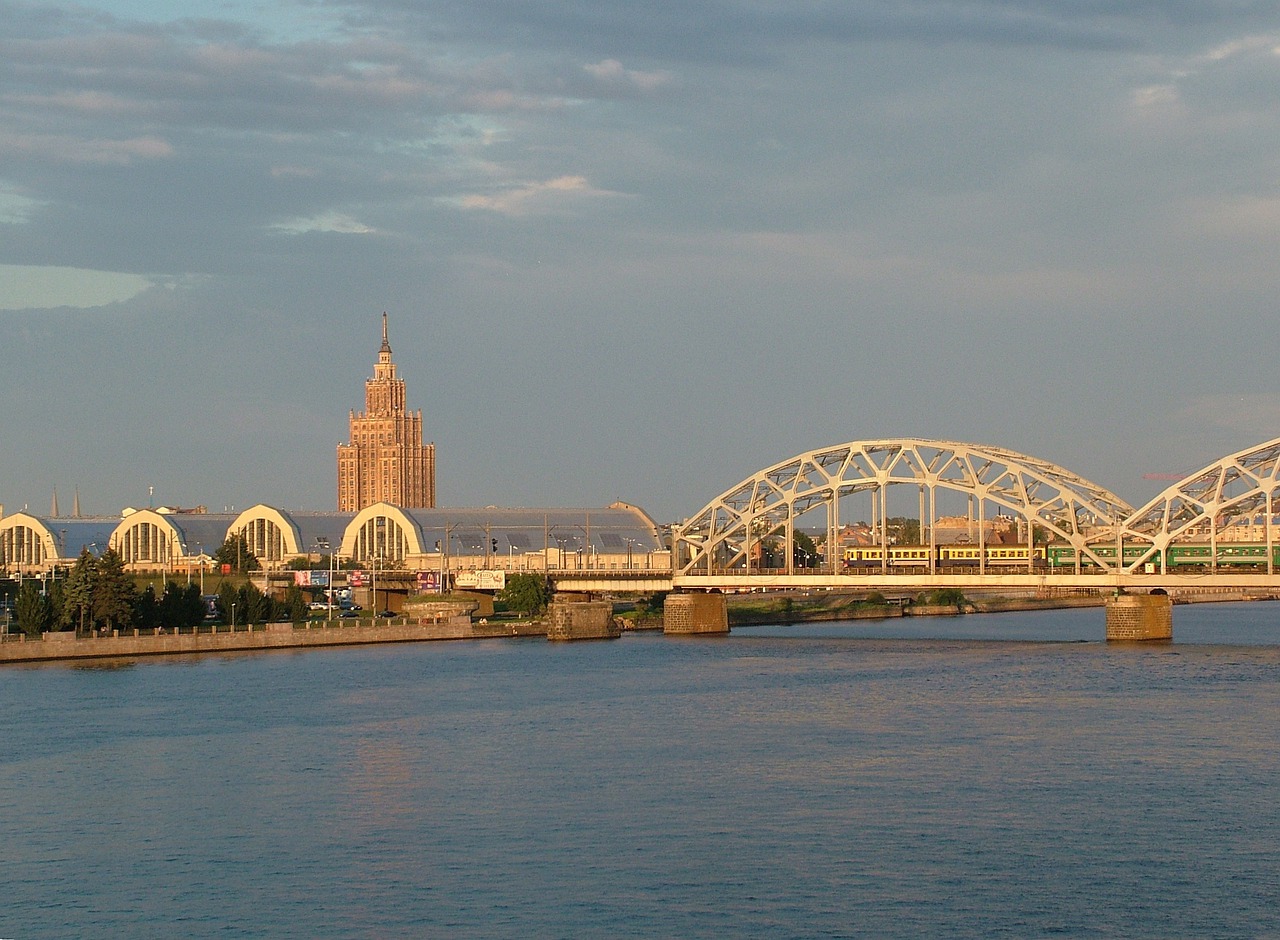We were asked to start some content sites for Latvia markets in iGaming, so we started these 2 sites. Everything is still very much in the beginning, but we have made the first move.
Latvia (/ˈlɑːtviə/ or /ˈlætviə/ (listen); Latvian: Latvija [ˈlatvija]; Latgalian: Latveja; Livonian: Leţmō), officially the Republic of Latvia (Latvian: Latvijas Republika, Latgalian: Latvejas Republika, Livonian: Leţmō Vabāmō), is a country in the Baltic region of Northern Europe. It is one of the Baltic states; and is bordered by Estonia to the north, Lithuania to the south, Russia to the east, Belarus to the southeast, and shares a maritime border with Sweden to the west. Latvia covers an area of 64,589 km2 (24,938 sq mi), with a population of 1.9 million. The country has a temperate seasonal climate. Its capital and largest city is Riga. Latvians belong to the ethno-linguistic group of the Balts; and speak Latvian, one of the only two[a] surviving Baltic languages. Russians are the most prominent minority in the country, at almost a quarter of the population.
After centuries of Teutonic, Swedish, Polish-Lithuanian and Russian rule, which was mainly executed by the local Baltic German aristocracy, the independent Republic of Latvia was established on 18 November 1918 when it broke away from the German Empire and declared independence in the aftermath of World War I. However, by the 1930s the country became increasingly autocratic after the coup in 1934 establishing an authoritarian regime under Kārlis Ulmanis. The country’s de facto independence was interrupted at the outset of World War II, beginning with Latvia’s forcible incorporation into the Soviet Union, followed by the invasion and occupation by Nazi Germany in 1941, and the re-occupation by the Soviets in 1944 to form the Latvian SSR for the next 45 years. As a result of extensive immigration during the Soviet occupation, ethnic Russians became the most prominent minority in the country, now constituting nearly a quarter of the population. The peaceful Singing Revolution started in 1987, and ended with the restoration of de facto independence on 21 August 1991. Since then, Latvia has been a democratic unitary parliamentary republic.
Latvia is a developed country, with a high-income advanced economy; ranking very high in the Human Development Index. It performs favorably in measurements of civil liberties, press freedom, internet freedom, democratic governance, living standards, and peacefulness. Latvia is a member of the European Union, Eurozone, NATO, the Council of Europe, the United Nations, the Council of the Baltic Sea States, the International Monetary Fund, the Nordic-Baltic Eight, the Nordic Investment Bank, the Organisation for Economic Co-operation and Development, the Organization for Security and Co-operation in Europe, and the World Trade Organization.
Latvia – a country in the Baltic region of Europe – may be small, but its pristine Baltic sea coastline and traditions tend to surpass even more iconic destinations of Europe. It has become a real hidden gem for travelers who strive to look past Europe’s larger and more well-visited countries in search of lesser-known beauty and historical charm. But exactly what is it that makes Latvia so special?
When asked what they love about their country the most, Latvians will proudly and loudly say: “Nature, of course!” Nature is what binds Latvian people to their land and culture, with its deep roots in ancient celebratory traditions.
Travelers who come to Latvia in June are privileged to witness a truly unique summer solstice celebration – Līgo or “Jāņi,” as the locals tend to call it. Traditions such as singing, dancing, feasting, and jumping over a bonfire are just some of the many activities that take place on the 23rd of June when Latvians of all ages gather to pull the ultimate all-nighter. Waiting for the sun to rise on the shortest summer night should absolutely be on your bucket list.
Singing is another local tradition that tends to unite the typically introverted Latvian people both at home and abroad. The Latvian Song and Dance Festival takes place every five years and is an official part of the UNESCO Masterpieces of the Oral and Intangible Heritage of Humanity. It gathers around 50 000 choral singers, folk dancers and tens of thousands of viewers in the audience.
Whilst grand events and celebrations are a big part of Latvian culture, the soul of Latvian culture is much more commonplace. Whilst there are plenty of tourist spots, castles, museums, and architecture to be found in the capital Riga and beyond, it is the charm of everyday things that really embody the spirit of this small Baltic state. Start the day with a refreshing swim in the Baltic sea, a river, a lake, or a pond. Eat some delicious local breakfast – cottage cheese, rye bread with fresh vegetables from the local market, or homegrown by locals.
Though the Latvian countryside provides a wealth of sandy beaches, lush forests and open-air activities like festivals, foraging, or skiing during the wintertime, there’s plenty to talk about in town, too. Latvian cities, especially Riga, offer plenty of options for those who enjoy slow walks through the city streets, lively cultural scenes, fantastic cuisine, iconic art-nouveau architecture and Medieval buildings in Old Riga.
End your day in the city, tasting local craft beers and celebrating good times in one of the many hip pubs and culture spots with the locals. Or catch world-class performances at the Latvian National Opera and Ballet. Creativity and greatness run deep within Latvian culture, it is the birthplace of well-known people like Mark Rothko, Mikhail Barishnikov, Sergei Eisenstein, Mariss Jansons, Elina Garanca and many others.
Many visitors leave the country believing Latvia may be Europe’s best-kept secret. Hidden adventures await those willing to wander off the well-beaten track, and Latvia has more than a handful of them to share. Within a single trip, you might be able to experience The quaint fishing villages of Kurzeme, the white sand beaches of Jurmala the blue lakes of Latgale, and of course, the lively cobbled streets of Riga.
Contact us at www.carnivalnews.net




